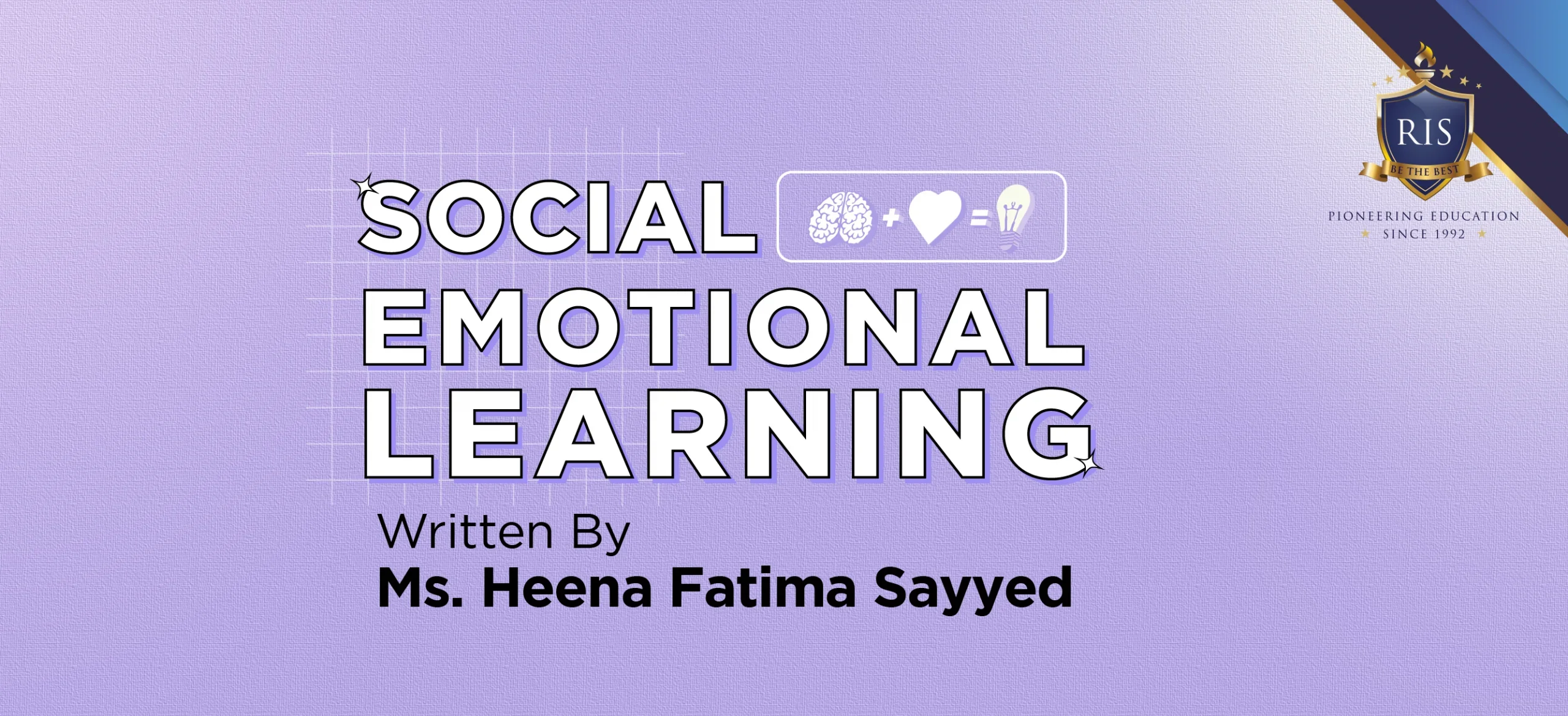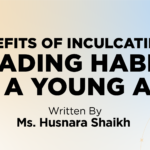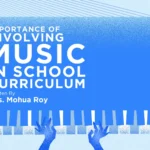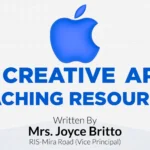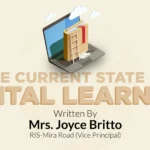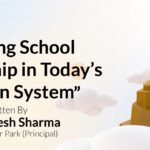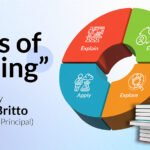Social-emotional learning is laying the foundation for safe, supportive, and equitable learning environments all across the nation. We’ll be discussing various aspects of SEL, trauma, and culturally sensitive practices, and how they can be used to create equitable learning environments where all students are given the tools to excel.
Social-emotional learning is the process of developing and using social and emotional skills. People with strong social-emotional skills are better equipped to manage daily challenges, build positive relationships and make informed decisions. So sure, emotional learning helps students and adults thrive in school and life, with feelings, set goals, work with others, build self-esteem, and resolve conflict. We are not born knowing how to manage emotions, all problems, and get along with others. Parents, caregivers, teachers, and schools must teach children social-emotional learning. Effective socio-emotional learning helps students develop self-awareness, self-management, social awareness, relationship skills, and responsible decision-making skills.
Why is social-emotional learning important
for students’ development?
- Students know and can manage themselves.
- Students understand the perspective of others and relate effectively with them.
- Students can make sound choices about personal and social decisions.
- More positive attitude toward oneself, others, and tasks including enhanced self-efficacy, confidence, persistence, empathy, commitment to school, and a sense of purpose.
- More positive social behavior and relationships with peers and adults.
- Reduced conduct problems and risk-taking behavior.
- Decreased emotional distress
You can practice Socio-emotional learning
- Community circles.
- Students understand the perspective of others and relate effectively with them.
- Restorative justice circles.
- Student-led activities.
- Check-in questions or activities.
- Show and tells.
- Community building activities.
- Culturally sustaining lessons; students have a platform to express their feeling and narratives while learning from one another
“Educating the mind without educating the heart is no education” Aristotle was already talking about socio-emotional education! The ability to establish and maintain a healthy and rewarding
relationship with diverse individuals and groups. Our anxiety does not come from thinking about the future but from wanting to control it. Let yourself be free. Socio-emotional learning provides a foundation for same and positive learning and enhances the learner’s ability to succeed in school, career, and life.
Strategies for Socio-emotional learning in your classroom
- Mindfulness.
- Clarify that thought leads to feelings.
- Model persistence and determination.
- Listen with empathy
There is a big difference between what something is and what something means. Be aware of this and be aware of your fear and the energy you may drop into it; it changes everything. “You don’t have to be perfect, but you do have to be present.” In closing, I recognize what I’ve learned about social and emotional learning: The creative, expressive arts are a potential catalyst for social and emotional learning and tap into deep wells within and between each other; that in order for social and emotional learning to thrive, we must create safe environments for students; and to fully embrace diversity and equity in education we must pay equal attention to academic and social and emotional learning and support. And as I continue to work to support students, I look forward to learning more.

